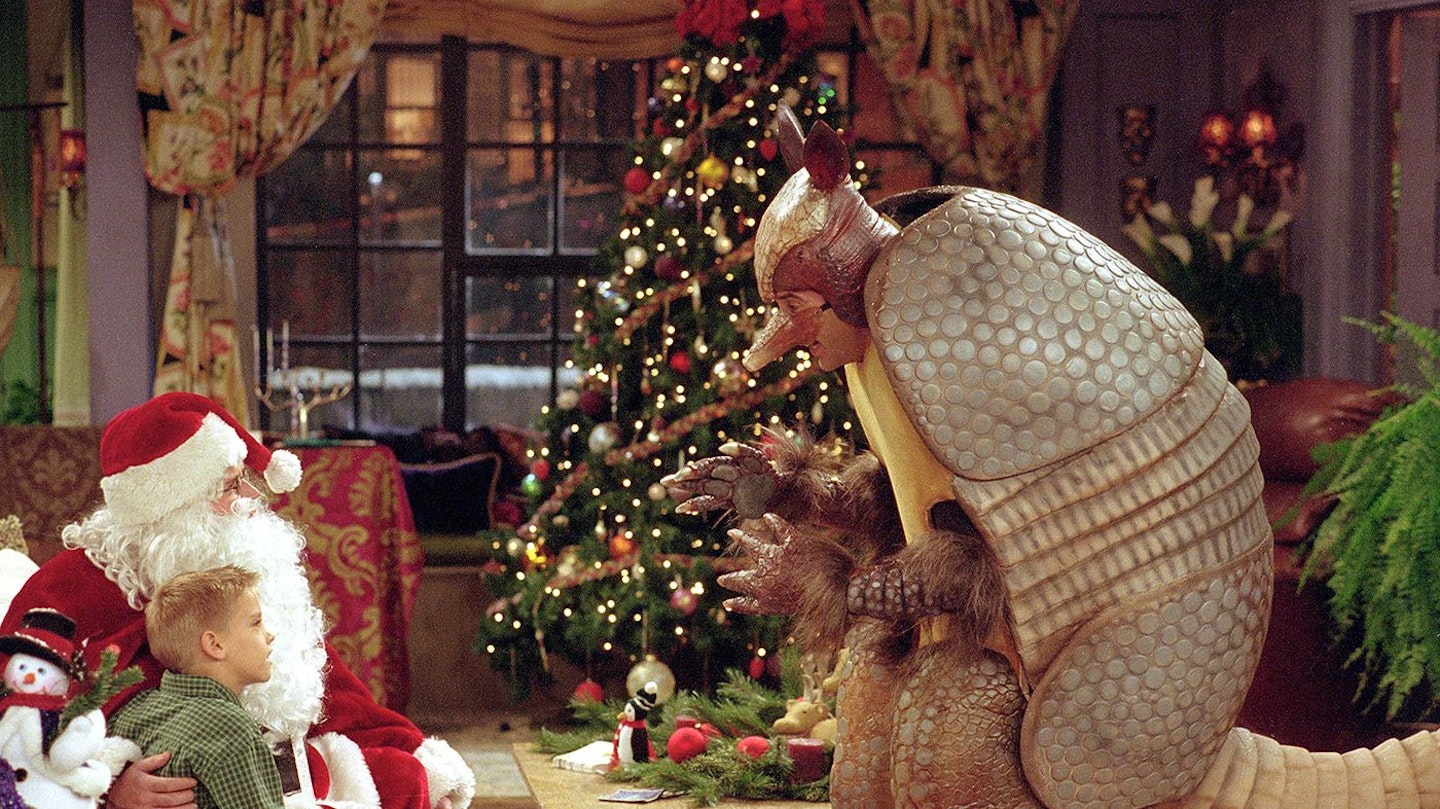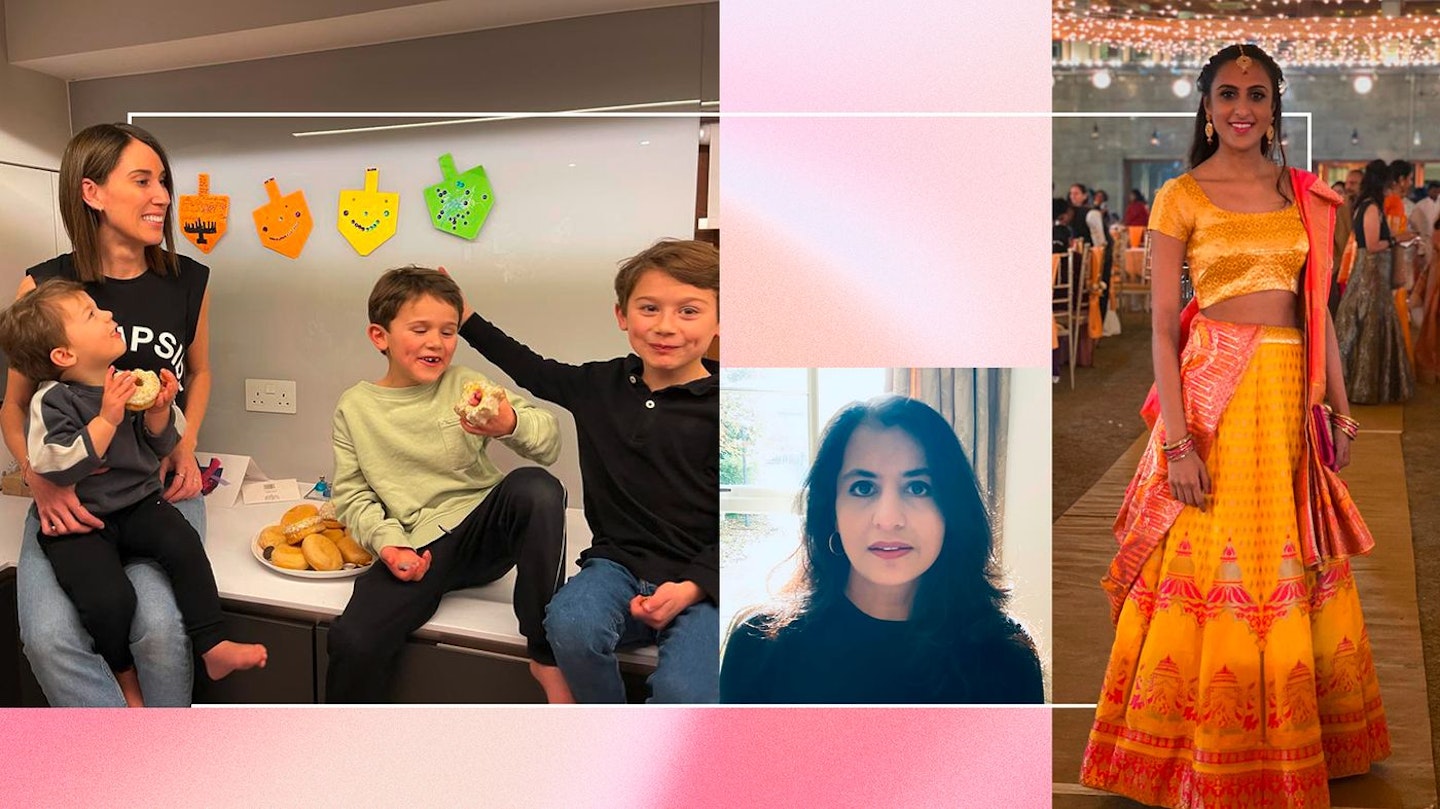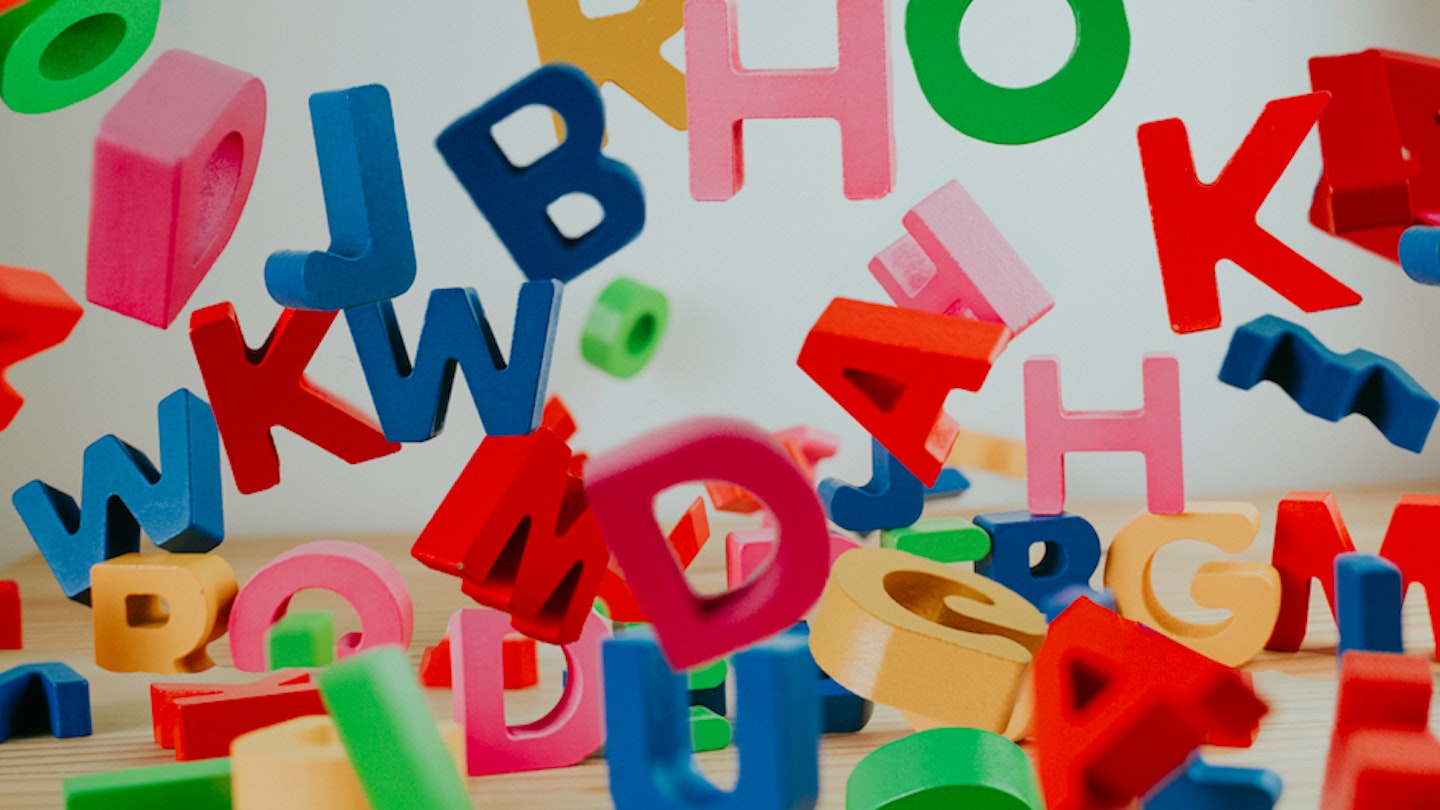I started playingSpelling Bee around the time Boris Johnson was hospitalised with coronavirus. It was bleak, that week in early April – scary and sad. There was very little to do – even on your phone. Instagram was just a parade of screenshots of people doing quizzes on Zoom and Twitter was where you kept up-to-date about the coronavirus pandemic. There was a cessation in sarcasm and gossip and all that fun stuff online, as everyone scrolled through the unthinkably bad news.
Work was hard. Exercise was rationed. Hugs were pretty much illegal. That is the landscape in which I became hopelessly addicted to a little word game that told me my progress was 'solid', then 'nice', then 'great', then 'amazing', then 'genius'. The positive affirmations were dopamine hits in a world that had been sucked of joy.
Spelling Bee is a game in which you must find as many words as possible, from the seven letters provided, using the central letter in each. You are awarded points for each word you create – and the longer the word, the more points you get. Extra points are awarded if you create a “pangram”, which uses all seven letters. There are versions of Spelling Bee available in most newspapers and puzzle magazines – but writing out the answers by hand slows down the game and totting up your score and declaring yourself a 'genius' (because you have reached the required score) is just not as satisfying. Spelling Bee, available in The New York Times games hub since May 2018, does all the boring stuff for you, allowing you to enter a Zen-like state of word-finding.
Now, before I have coffee, before I check my email, before I look at the news, I visit Spelling Bee. The puzzle updates at 8am British summertime so if I haven’t yet achieved 'genius', I can have one last shot at it, before a new challenge is presented before me. According to my phone’s Screen Time data, I now spend more time on Spelling Bee than on Whatsapp, Instagram or any news or lifestyle site. A New York Times spokeswoman says that a 'good chunk of our solvers access the game 4+ times a day'; I would say I do double that.
As soon as I started to spend up to an hour a day playing the game, I began to notice how many others were similarly hooked. (The spokeswoman tells me that there are 600,000 subscribers to the New York Times Crossword subscription but won’t say how many regularly play Spelling Bee.) Once you become a Spelling Bee fan, you notice your fellow aficionados everywhere (well, mainly on Twitter).
This is a puzzle that has reeled in the brightest, the best and the nerdiest among us, from the New Yorker TV critic Emily Nussbaum to the author Nilanjana Roy. On Twitter (the only other app that sucks more time from me than Spelling Bee), its proponents boast of having reached 'genius' or even the secret level 'Queen Bee' (when you find every single possible word). They complain that certain words aren’t recognised: why is “turd” not considered a word, they demand to know. It is possible to actually take up grievances via a designated email address, although I have never done this, deeming it just too nerdy and obsessive. Instead, I have angrily shouted, 'Gurnard is definitely a word, IT IS 100% A WORD, it is a type of fish, my God, Spelling Bee' when all alone in my living room.
Rachel Syme, the New Yorker writer, tells me it is part of her night-time routine. 'I love doing it before bed: it’s soothing even though I never reach Queen Bee,' she says. 'I can’t sleep until I at least hit "genius".'
Spelling Bee doesn’t care about the pandemic. It doesn’t give you extra points if you’ve had a bad day. Sometimes that can feel brutal: if you’re in one of those listless lockdown moods, you can feel like a real loser if you get stuck on 'nice'. Spelling Bee is not about self-improvement – you are not spending your time tending to a garden that will produce cheering flowers or healthy courgettes. You are not even really learning anything; you already know these words you’re finding, and if you don’t, they are likely to be too obscure for everyday use. What you are really doing is wasting time, let’s be honest.
Progress on Spelling Bee isn’t straightforward. You might be awarded 'genius' one day but get stuck after finding just a few words the next. But that’s life, isn’t it? Some days are good, some days are bad, and some are just 'mediocre' ('medic', 'dome', 'code', 'creed', etc, etc, you see how this works…). Spelling Bee is a comfort, though. It is a game that distracts and entertains in a wholesome way. It’s a place on your phone where no one argues, where you will not see an ad for diet tea, where you do not need to worry about imaginary renovations (before I was addicted to Spelling Bee, I was addicted to browsing Rightmove). It is a simple pleasure in a complicated time. As comforting as banana bread. As addictive as wine. As distracting as you could hope for.
READ MORE: The Very Best Jigsaw Puzzles To Keep You Entertained For Hours
Graziau2019s 10 Best Stories You Might Have Missed
 1 of 10
1 of 10Saying Shia LaBeouf Was 'Always A Bit Weird' Isn't Helping Anyone
 2 of 10
2 of 10All The Friends Christmas Episodes, Ranked
 3 of 10
3 of 10People Have A Right To Be Annoyed At All The Love Islanders Who Have Been On Holiday In Dubai
 4 of 10
4 of 10Victoria Beckham's Complete Hair Evolution
 5 of 10
5 of 10Ariana Grande's Engagement Nails Prove THIS Is The Manicure To Go For If You Think A Proposal Is On The Cards This Christmas
 6 of 10
6 of 10How Women Of Different Faiths Have Celebrated This Year
 7 of 10
7 of 10All Of The Money Spent, Food Wasted And Plans Disrupted Could've Been Avoided If The Government Handled The Coronavirus Crisis Properly
 8 of 10
8 of 10Renting Clothes Is More Popular Than Ever But Would You Really Ever Stop Buying Outfits?
 9 of 10
9 of 10Searches For Pyjamas Are Higher Than Ever, So Here's The Best Pairs To Buy Before They Sell Out
 10 of 10
10 of 10Those Mango Pieces You Had On Your Wishlist? They're Now On Sale
READ MORE: 9 Games For People That Don't Play Games
